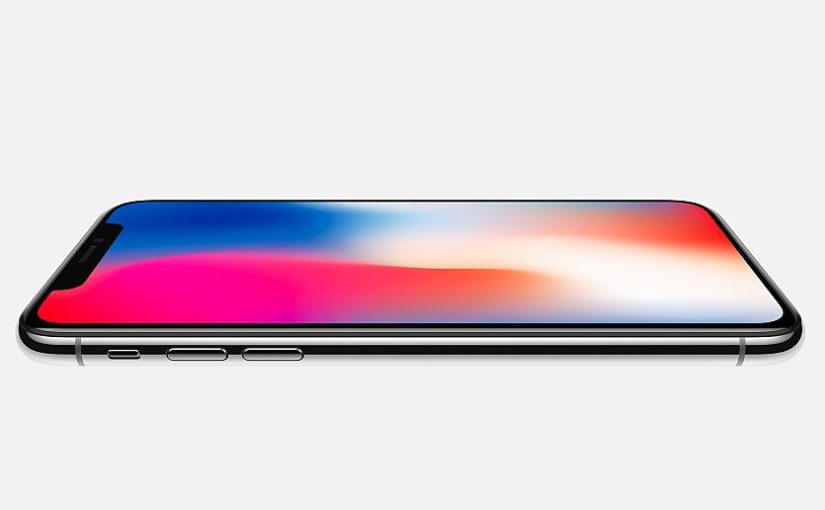
Apple manufacturing partners ‘struggle with low yield rate’
Apple suppliers “continue to struggle with low yield rate” because the smartphone giant is integrating advanced technologies, requiring investment in new and expensive manufacturing processes, which affect the suppliers’ profit margins, according to Nikkei.
Apple is planning to launch its $1,000-dollar iPhone X to consumers in the coming months, but the new device includes functions not found in other phones, which is requiring manufacturers to change their processes and invest in new equipment.
Among the features in Apple’s high-end iPhone X will be facial recognition and organic light-emitting diode screens, both of which are new technologies and not found in current Apple devices.
Demand for the massively-expensive iPhone X is expected to be strong, and Apple’s manufacturing partners are said to be struggling to produce them in large enough quantities in time for launch.
The “dot projector” inside the 3D sensor used for facial recognition to unlock the phone and to make payments is said to be particularly challenging for the manufacturers.
Terry Gou, chairman of Foxconn, the Apple’s main manufacturing partner, is said to have discussed the issues with Apple’s chief operating officer, Jeff Williams, “behind closed doors” at an event to mark the 30th anniversary of Taiwan Semiconductor Manufacturing Company, another big supplier to Apple.
In fact, other than Apple’s own new “Bionic” chip – the A11 – inside its new devices, TSMC is the company’s only supplier of chips for the iPhone 8 and iPhone X range.
Foxconn, meanwhile, is the sole assembler for the iPhone X, and splits the manufacturing orders for iPhone 8 Plus with Pegatron and Wistron.
Foxconn owns and utilises one of the largest fleets of industrial robots of any company in the world in its efforts to keep up with demand for Apple products.
Not much is known about what the specifics of the discussion were, but Apple is determined to integrate more artificial intelligence into its latest devices.
AI is said to require more powerful processors and other components, and Williams suggests Apple will include even more AI into its devices.
Williams says he is not worried about AI-powered machines taking over the world. “I don’t worry about it in a next of couple of decades that machines would start to take over the world,” he tells Nikkei.
Initial shipments are expected to total around 20 million units, which is about half the planned amount for this year, adds Nikkei.


